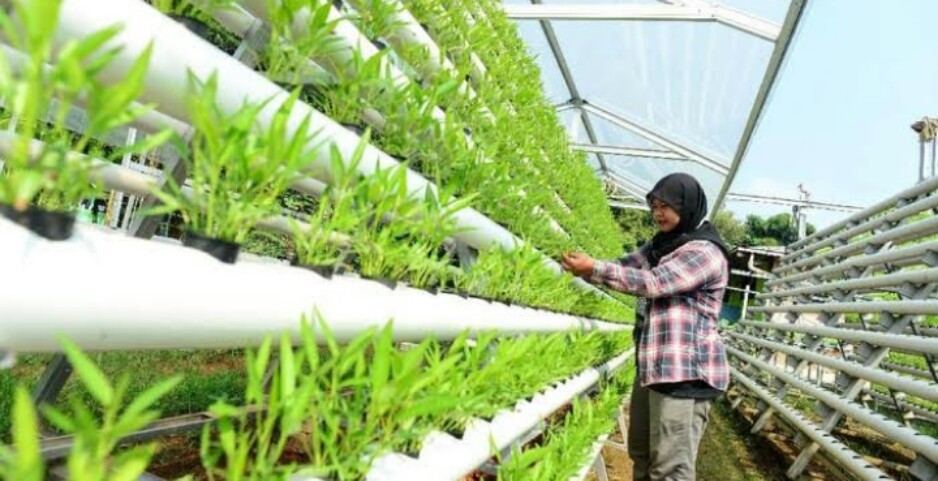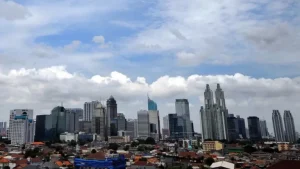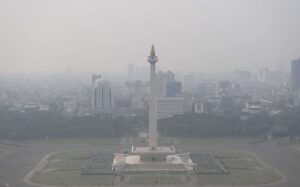Jakarta, MINA – The Jakarta Food, Maritime and Fisheries Security Service (KPKP) will start urban farming activities in seven spatial targets by 2023.
The seven spatial targets for urban agriculture consist of flats, vacant land , yards and village alleys, schools, buildings, Child Friendly Integrated Rubric Room (RPTRA), and marine land.
“Our implementation will start in 2023,” said the Head of the DKI Jakarta KPKP Office, Suharini Eliawati as quoted from Republika Online on Saturday.
The implementation target is to last until 2027. This program is included in the five-year plan for urban agricultural development along with two other steps, namely intensive provision for urban agriculture actors, as well as building cooperation with various parties.
Also Read: Central Java Partners with 12 European Countries to Boost Low-Carbon Rice Production
After that, said Eli, starting in 2028 the steps to be taken are the development of urban agriculture in all spatial targets. Then, increase cooperation with companies, social institutions, schools, and community groups, as well as management and sharing of urban agricultural knowledge.
While this year, urban agriculture measures will be directed to include urban agriculture in development plans, then make policies to implement urban agriculture designs, including incentives for actors, as well as campaigns and implementation of urban agriculture.
“Until 2030, we are targeting 30 percent of green open spaces to be productive, then a 30 percent increase in certification of agricultural, livestock and fishery production (including processed products), and 1,000 certifications of processed agricultural, livestock and fishery products,” he said.
With the implementation of these steps, Eli hopes that the four main components in meeting the urban agriculture targets in 2030 can be achieved, namely policies and regulations; implementation of urban agriculture; environment, monitoring, evaluation; and knowledge management.
Also Read: Indonesia’s Health Ministry Speeds Up Free Screenings for 53 Million Students
Until finally, the goal of urban agriculture to create food security for the people of DKI Jakarta and increase the capacity of the community to access food can be achieved.
Eli said that the implementation of urban agriculture throughout the DKI Jakarta area aims to improve the quality of the environment through productive green cover areas in the DKI Jakarta area to reduce the impact of climate change and disasters. Also, the integration of government policies and programs with other actors (business materials, social institutions, community groups, universities, and others) in urban agricultural practices.
In fact, the DKI Jakarta Provincial Government targets that in 2030 it can fulfill its own vegetable and fruit needs in Jakarta as much as five percent considering that urban agriculture aims to further intensify narrow land with a vertical farming approach, especially horticultural crops, namely vegetables and fruits. Then you can also take advantage of space without land, such as the roof of the building (rooftop), the walls of the building (wall garden), the side of the road, social facilities, and others.
“With these efforts, one day we will be able to meet five percent of our vegetable and fruit needs in Jakarta,” he said. (T/RE1)
Also Read: AWG Partners with Pemuda Pancasila to Deliver Free Hijama and Support Gaza Aid
Mi’raj News Agency (MINA)

































 Mina Indonesia
Mina Indonesia Mina Arabic
Mina Arabic